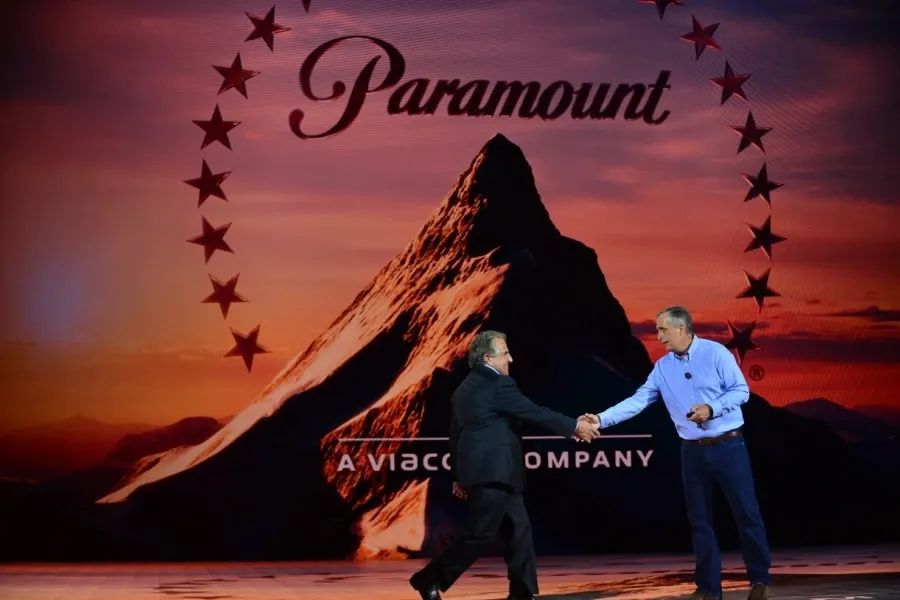EDPB Says ‘Consent or Pay’ Models Should Offer Real Choice
The European Data Protection Board pressed large online platforms to give users free options without targeted ads.

In the opening keynote for CES 2018, Intel CEO Brian Krzanich highlighted how data is transforming the world around us and driving the next great wave of technology innovation, from autonomous driving to artificial intelligence (AI) to virtual reality (VR) and other forms of immersive media.
"Data is going to introduce social and economic changes that we see perhaps once or twice in a century," Krzanich said. "We not only find data everywhere today, but it will be the creative force behind the innovations of the future. Data is going to redefine how we experience life; in our work, in our homes, how we travel, and how we enjoy sports and entertainment.
In autonomous driving, he unveiled Intel's first autonomous vehicle in its 100-car test fleet. BMW, Nissan, and Volkswagen are moving their Mobileye-based mapping design wins to actual deployments, Krzanich said. He announced new collaborations with SAIC Motor and NavInfo to extend crowdsourced map building to China. Focused on the future of AI, Krzanich announced a partnership with Ferrari North America to use Intel's AI technologies to apply data from the racetrack to enhance the experience for fans and drivers.
Addressing artificial intelligence, Krzanich showcased how companies are using Intel's technology to transform their businesses through AI. He announced Intel is partnering with Ferrari North America to bring the power of AI to the Ferrari Challenge North America Series that will take place on six courses in the U.S. this year.
Looking ahead to the future of computing, Krzanich noted Intel's promising research into neuromorphic computing, a new type of computing architecture that mimics the way brains observe, learn and understand. Intel's neuromorphic research prototype chip ("Loihi") is now fully functioning and will be shared with research partners this year.
Krzanich also announced the next milestone in Intel's efforts to develop a quantum computing system. Intel shipped its first 49-qubit quantum computing test chip ("Tangle Lake") to research partner QuTech. Quantum computing is the ultimate in parallel processing, and Krzanich noted it has the potential to compute at a far greater speed than anything ever achieved before.
He announced the debut of Intel Studios, a newly constructed, state-of-the-art studio dedicated to the production of large-scale, volumetric content, using True View technology, that will create new forms of visual storytelling with and without VR. Intel Studios features the world's largest volumetric video stage and a comprehensive post-production and control facility that will enable companies to create lifelike immersive media experiences like never before.
In sports, Krzanich announced that Intel will enable the largest scale virtual reality event to date with the Olympic Winter Games PyeongChang 2018 using True VR technology. Intel, together with the official Rights Holding Broadcasters, will capture 30 Olympic events, with both live and video-on-demand content available. This marks the first-ever live virtual reality broadcast of the Olympic Winter Games and will be available in the U.S. via a forthcoming NBC Sports VR app.